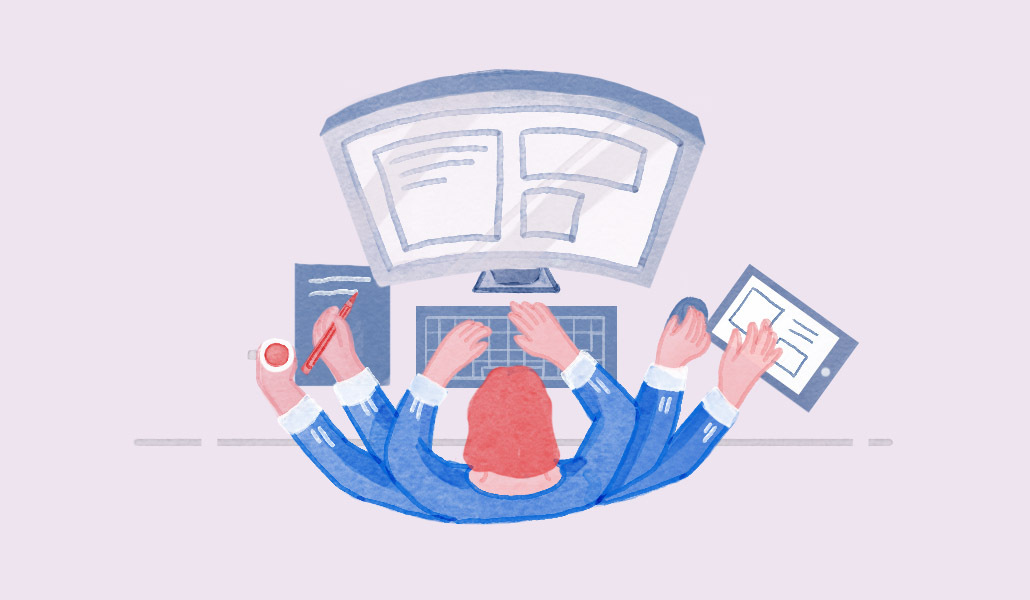How to know if you have a healthy relationship with work

Toxic relationships come in many forms – and not just human. They can include the connection you have with your own work.
Across the globe, less than a third of knowledge workers think they have a healthy relationship with their work, according to a survey from tech hardware giant HP including over 15,000 respondents. It’s eating into their personal lives and leading many to struggle with their own identity and mental health.
An unhealthy relationship with one’s job can look like working upwards of 60 hours a week and sometimes for six or seven days in a row. For remote workers, it can also look like never truly logging off and responding to messages throughout the evening. But it’s ultimately driven by self-worth issues and trouble setting boundaries, experts say.
It’s such a problem for workers today that 83% of respondents said they’re willing to make less money if it meant they could love their job more, the report found.
They likely wouldn’t say the same even just two years ago, said Lori Gottlieb, a psychotherapist and author of “Maybe You Should Talk To Someone,” as many have changed their expectations of how they should be treated at work and by their employers over the course of the pandemic. They’re placing more value on work-life balance and realizing what their limits are, but in most cases still navigating how to move forward.
Toxic work relationships almost always spill into one’s personal life, offering workers little reprieve and further exacerbating mental health issues.
Some 45% of respondents said their personal relationships with friends and family suffer from their unhealthy relationships to their work, and 55% are too drained to pursue personal passions, the HP report found.
The way people tie their identity and self-worth to their work performance is another key factor driving these toxic relationships, said Holly Humphreys, a licensed professional counselor with mental health provider Thriveworks, who specializes in career counseling, life transitions and coping skills.
Fixing that issue is one key step to better one’s relationship with their job. That can look like finding a balance outside of work that also informs your identity, Humphreys said.
“So that it’s not just, ‘I am a lawyer or a doctor, but someone who likes to read and likes to paint and loves to spend time with my family and play with my dog,’” Humphreys said.
The HP report outlines six key factors present when someone has a healthy relationship with their job.
First and foremost, workers must feel like their work has purpose and meaning that fulfills them. They also need empathetic leaders to connect with and feel that decision-making at the organization puts people first. Finally they need the support and resources to build new skills and improve in their roles, and the necessary tools, technology and workspaces to do their jobs effectively.
Humphreys advises patients dealing with toxic work relationships to identify how it manifests, like if they’re often working after hours or feel the need to be accessible all day. Then explain those instances to a supervisor and make an effort to set firm boundaries.
If that request isn’t honored, “that’s when we start entertaining the notion of OK, maybe it’s time to start looking for another job,” Humphreys said.
And ultimately the onus in maintaining healthy relationships is more on the individual worker than their employer. “At the end of the day, the business is just a business, they’re not looking out for your personal welfare, that is up to you to do,” Humphreys said.
